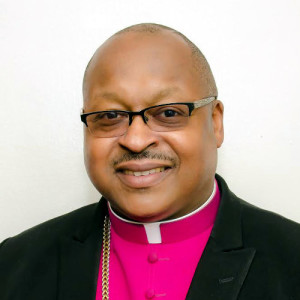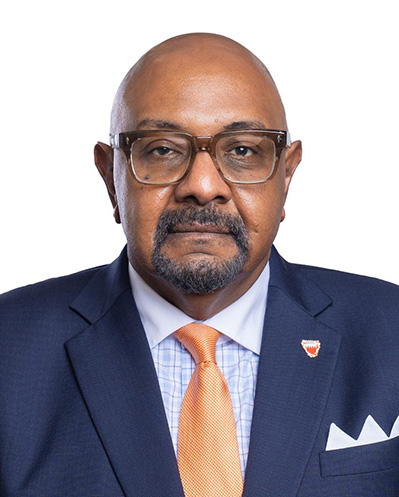Head, Heart, and Hands: Religion as an Instrument for Peace

Bishop Victor Brown is senior pastor of Mt. Sinai United Christian Church and a suffragan bishop and founding board member of the Worldwide Fellowship of Independent Christian Churches. The following post is based on his remarks during the panel “Religion: A Catalyst for Peace?” at the ICLRS 31st Annual International Law and Religion Symposium, 7 October 2024.
We gather at this Symposium under a heavy cloud of national and international unrest and warfare. Today marks the one-year anniversary of the attack on Israel by Hamas, which resulted in the highest number of Israeli lives lost since the Holocaust. In addition to conflicts in Haiti and Sudan—and the ongoing wars in Syria, Myanmar, Somalia, Yemen, Russia, and Ukraine—on the American national front, the United States presently stands as a nation divided.


